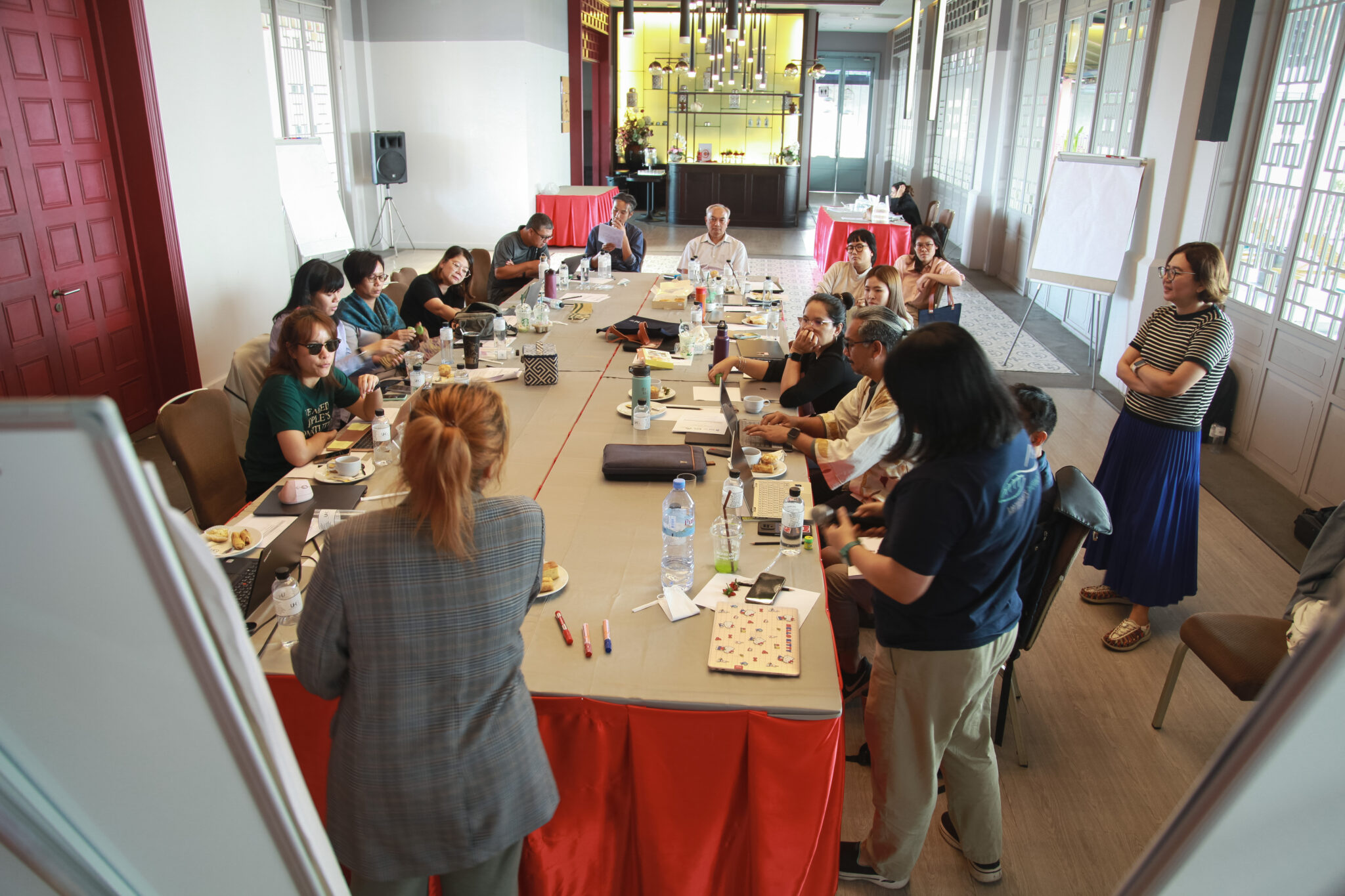On 21-22 February 2024, the International Commission of Jurists (ICJ), in cooperation with the Extra-Territorial Obligation Watch Coalition (ETO Watch Coalition) and the Foundation for the Environment and Natural Resources, organized a workshop with members of civil society organizations to discuss concrete recommendations for establishing a regulatory framework to ensure that Thai companies are legally accountable for human rights abuses committed in the context of their activities abroad.
Participants included 20 members of civil society organizations monitoring the impact of Thai investment abroad, particularly in the Mekong region. The workshop followed two previous workshops held in September 2022 and November 2023 with Thai authorities and justice sector actors on the same topic.
Under Thailand’s National Action Plan on Business and Human Rights Phase 2 (2023-2027) (‘NAP’), the Ministry of Justice is tasked with carrying out a study with a view to establishing a legal and/or policy framework to ensure access to justice and remedies for victims of cross-border Thai corporate human rights abuses. In light of this, the ICJ and its partners envisage contributing to this study by submitting the recommendations gathered from the abovementioned workshops.
During the February 2024 workshop, the discussion commenced with an overview of the human rights impact of Thai cross-border investment, as documented by the ETO Watch Coalition, followed by an overview by the ICJ of relevant international human rights law and standards, including the Committee on Economic, Social and Cultural Rights (CESCR)’s General Comment No. 24, delineating States parties’ extraterritorial obligations arising in connection with their cross-border business activities. Furthermore, case studies from national courts in various jurisdictions were presented, along with the draft legally binding instrument to regulate, in international human rights law, the activities of transnational corporations and other business enterprises.
Participants agreed on the importance of establishing a legal framework to regulate Thai business activities abroad, encompassing actions taken by transnational corporations, natural persons, State-owned enterprises, financial institutions, joint ventures and other forms of business relationships, including subsidiaries and suppliers. The participants recommended that such a legal framework should encompass at a minimum:
- prevention measures against cross-border Thai corporate human rights abuses;
- the establishment of a government agency with a specific mandate to oversee Thai investments abroad;
- clear provisions for ensuring access to justice by victims of human rights abuses by addressing the so-called corporate veil;
- in the context of litigation, shifting the burden of proof when pertinent evidence is wholly or in part within the exclusive purview of the corporate defendant;
- explicit recognition of extra-territorial jurisdiction to cover claims of such nature;
- addressing conflict of law issues in a manner consistent with international human rights law and standards;
- the inclusion of legal provisions ensuring access to effective remedies through the establishment of protection and restoration funds; and
- ensuring that the Ministry of Justice’s Justice Fund can support legal fees and compensation for harm to all victims of cross-border Thai corporate human rights abuses, regardless of their nationality.
Several of the above-noted recommendations align with the recommendations previously made by the ICJ in 2021, in the report titled ‘Thai Companies in Southeast Asia: Access to Justice for Extraterritorial Human Rights Harms.’
Participants concluded the workshop by discussing channels for advocacy and agreed to set up a network to push the recommendations discussed into reality.
Background
In 2015, the CESCR recommended that Thailand should establish a clear regulatory framework with a view to ensuring that companies incorporated in Thailand or with main offices under Thailand’s jurisdiction be legally accountable for violations of economic, social and cultural rights resulting from their activities abroad, specifically arising in connection with cross-border development projects.
Further reading
CESCR’s General Comment No. 24 was translated into Thai, and is available here
CESCR’s 2015 concluding observations on the combined initial and second periodic reports of Thailand
Contact
Sanhawan Srisod, Associate International Legal Adviser, ICJ, Asia Pacific Programme e: sanhawan.srisod@icj.org
Melissa Upreti, ICJ Regional Director for Asia and the Pacific, e: melissa.upreti@icj.org





